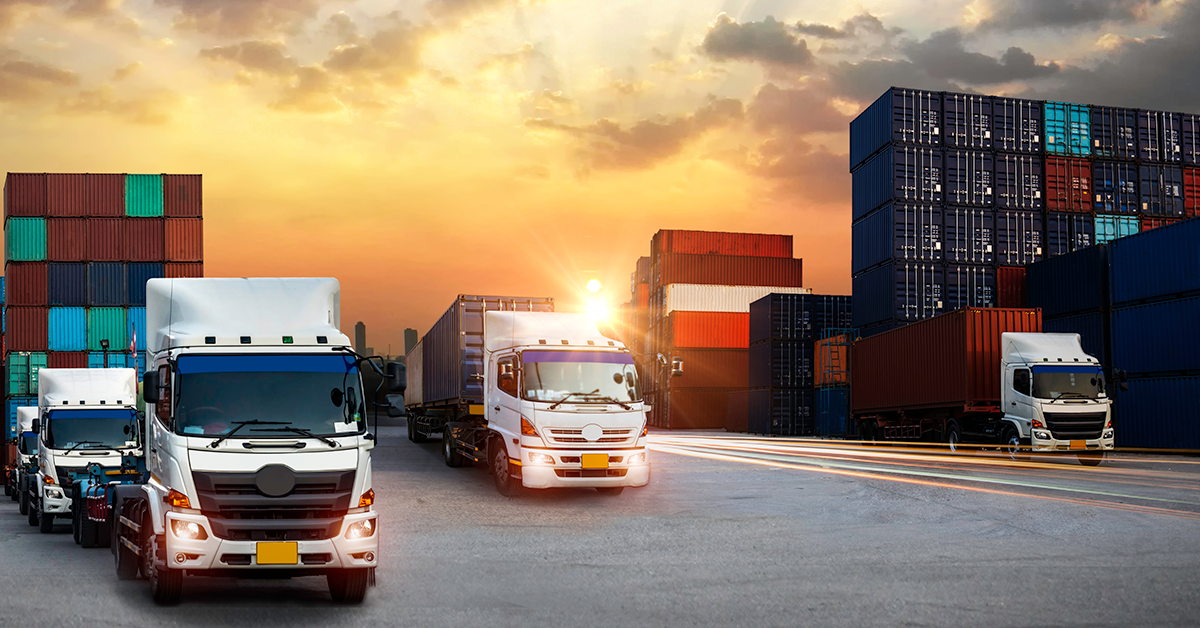

By: Rieva Lesonsky
Cross-border trade is a growth market. According to the latest numbers from the World Trade Organization, the United States was the world's leading commercial services trader in 2018. Zion Market Research says the global cross-border B2C ecommerce market hit US $562.1 billion in 2018 and is expected to reach approximately US $4,856.1 billion by 2027. The highest market share will likely be the apparel and accessories market while "the healthcare and nutrition segment is expected to grow faster in the upcoming years."
A recently released Visa Global Merchant eCommerce Study reports this growth will be fueled "by consumers increasingly looking to shop across borders in search of better prices, better quality and goods that are not available in their market." Already, 66% of ecommerce companies sell products across borders. And those cross-border sales account for 31% of their revenues on average.
Most businesses in the Visa study (87%) believe "expanding online sales into new markets is one of their company's biggest growth opportunities." And 88% think having an international presence will be essential for their company's success in the next five years. This is especially true for B2B businesses, who tend to buy and sell in bulk and represent a larger proportion of the global supply chain.
However, small businesses seem to be particularly reluctant to jump into global trade. The Visa report shows small businesses (71%) are less likely to take any action to expand into new markets, compared to mid-sized (90%) and large (100%) businesses. The report speculates that small business owners are worried about tying "their growth strategy to international sales, because a misstep could have greater consequences."
And in fact, they are lagging far behind — only 40% of small businesses participate in cross-border trade, compared to 71% of mid-sized businesses and 92% of large companies.
Overall, all businesses acknowledge expanding globally can be "daunting…with a number of challenges to overcome and little likelihood of immediate success."
So, what's stopping businesses from trading across borders? The Visa study found that businesses were prepared to deal with some facets of entering international markets, such as handling taxes (52%), payment processing infrastructure (52%), and international shipping and handling (52%). However, they felt less prepared providing international customer support (47%) and staying legally compliant (43%).
But the biggest challenges reported in the study were the ones businesses say keep them from trying to break into global markets. The biggest key barrier to entry was shipping and logistics issues (42%). Difficulty accepting and processing foreign transactions (37%), legal and trade issues (33%), and limited marketing resources (33%) were also problematic.
The issues don't stop there. The businesses in the study also reported having problems getting their products to consumers. And shipping and logistics was the biggest challenge here as well (23%), followed by lack of data or analytics for international customers (13%) and cost of expansion (12%).
If shipping and logistics issues are what's keeping you from entering the global market, you need to start thinking about how you can overcome your concerns and get started. Logistics Management says 2019 was an "extremely turbulent period of time for the global transport and logistics industry."
Since most SMBs cannot afford to ship by air, you need to understand ocean shipping logistics. Logistics Management says in global shipping the trend is "toward digitalization and autonomous vessels" which "will continue to make transport more environmentally friendly, safer, and cost-effective."
When shipping via ocean or sea freight, the merchandise is usually packed in shipping containers and a freight forwarder books containers or space with a shipping agent. The shipment passes through customs at the point of origin, is loaded into full or shared containers (depending on the volume) and put onto cargo ships. The products go through customs again when they reach their destination. Once payment of duties and taxes is made, the goods are released for delivery.
You don't have to figure this all out on your own. There are scores of international ocean freight companies offering services that cover shipping and freight forwarding services which covers booking the transportation, arranging for pickup and delivery, managing shipping documentation and facilitating the process.
Each country that you're importing from or exporting to has different requirements and it's essential you choose a freight forwarding company familiar with all of them.
In the Visa Global Merchant eCommerce Study, small businesses (39%) are significantly more likely to say their companies aren't prepared to handle international transactions, compared to 14% of mid-sized businesses and 7% of large businesses. The study also admits "small companies face an uphill struggle to compete, mainly because of knowledge and resource gaps."
But if you're serious about growing your small business, expanding into international markets (whether sourcing from or selling to) is a must. CEOs surveyed in the Visa study say the advantages of doing business globally are: "improved brand reputation (44%), expansion of product or service lines (43%), increased market share (42%), and increased competitive advantage (40%)."
The bottom line? Global expansion is one of the best ways to improve the odds of your B2B business succeeding.
That's why we've introduced our newest supply chain solution, Alibaba.com Freight. With the goal of helping small businesses succeed, we address the key challenges tied to international shipping. Customers using the new Alibaba.com Freight can view instant shipment options, compare and choose prices and shipping providers, manage the shipment from end-to-end across a network of logistics providers, and track their shipments from origin to delivery after the order is finalized.
We want to remove the barriers to entering global markets. That's why we are expanding Alibaba.com Freight shipping origins and destinations. Previously, only buyers in the US, UK, and Canada qualified to use Alibaba.com Freight. Starting this week, select countries in North America, Europe, and Australia can now use Alibaba.com Freight.
Ready to start cross-border trade? Start comparing rates now.
Be smart when you’re expanding to cross-border shipping. Research if the merchandise you want to export has product/market fit in the target country.


